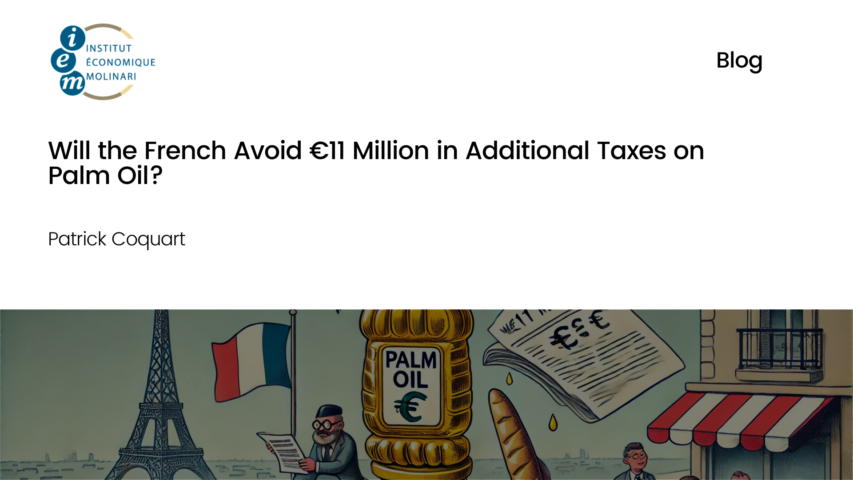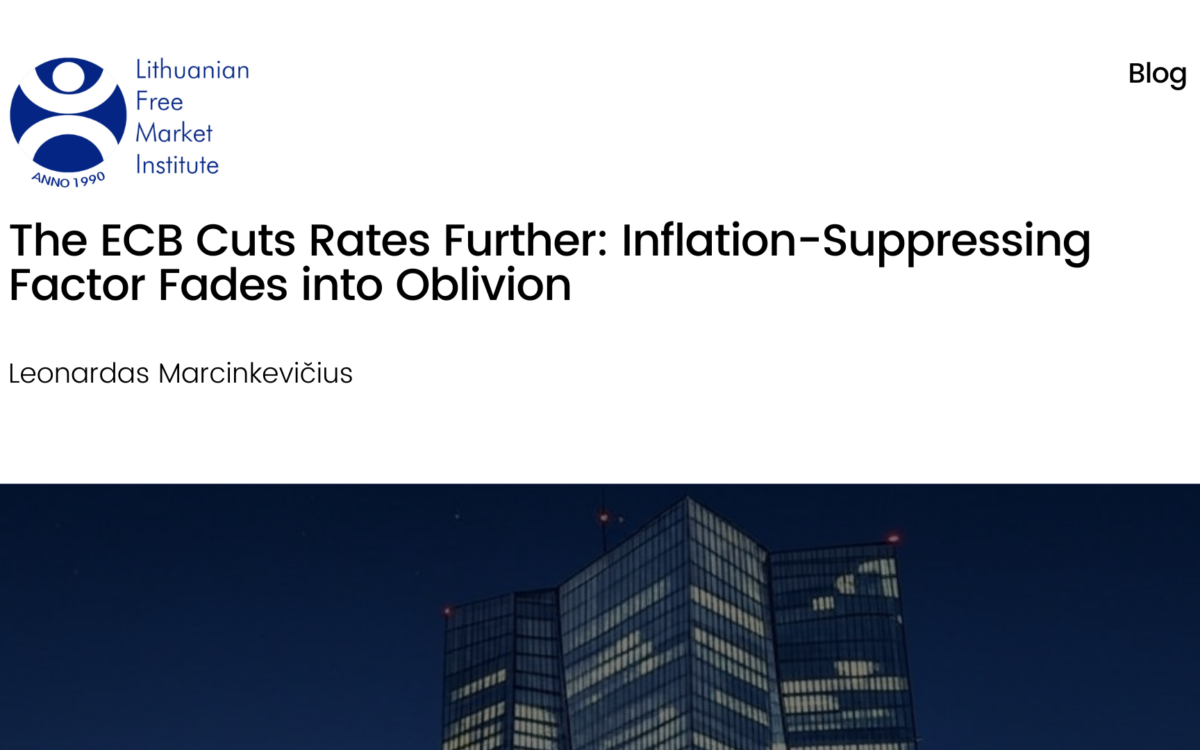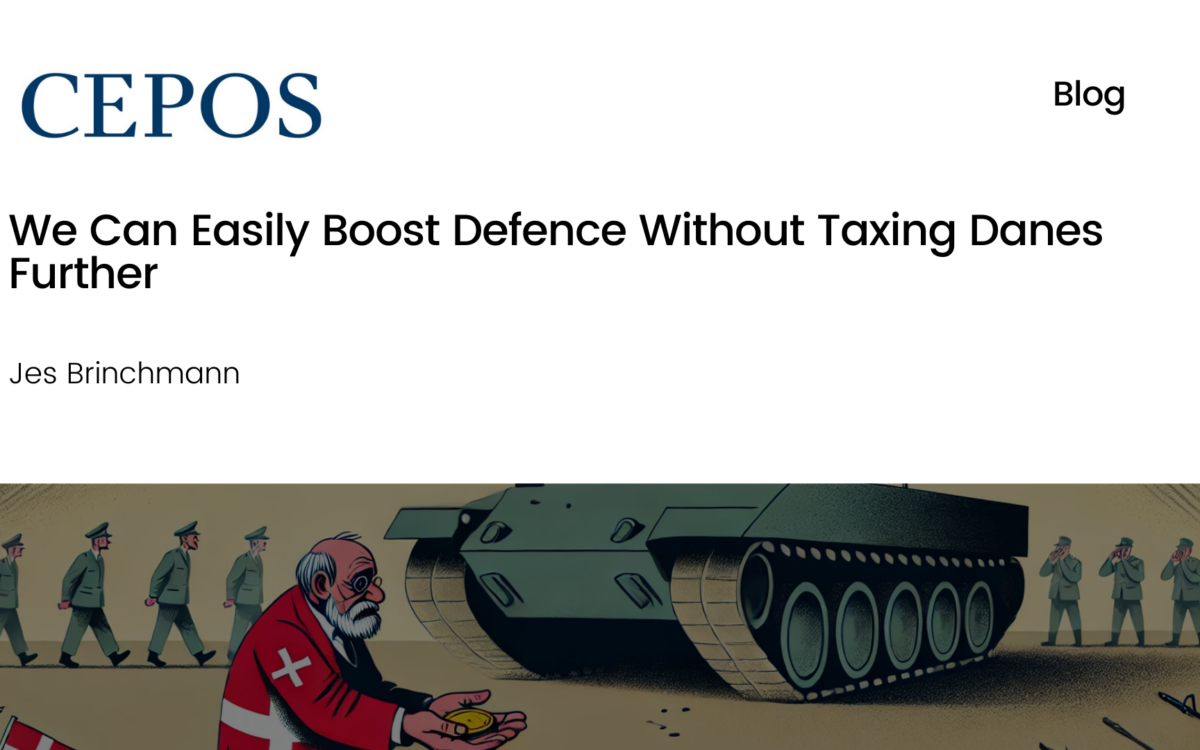Will the French Avoid €11 Million in Additional Taxes on Palm Oil?

Will the French Avoid €11 Million in Additional Taxes on Palm Oil?
Patrick Coquart // 23.05.2016
After several failed attempts since 2012, the “Nutella tax” appears to have been abandoned in France.
In January 2016, while examining a bill on biodiversity, the Senate had adopted an additional tax of €900 a tonne on palm oil. In March, members of the parliament reduced this to €90 a tonne as of 2020. This tax would be in addition to the existing “special tax on oils intended for food.”
The main argument for instituting this levy is that oil palm cultivation in the countries concerned – primarily Malaysia and Indonesia – has “devastating effects” on biodiversity. A study from the Institut Économique Molinari has shown that this assertion is questionable. Indeed, oil palms produce 10 times more fat per hectare than soybeans and five times more than rapeseed. Moreover, oil palm cultivation requires much lower inputs of fertilizers, pesticides, water and fuel than other oils. In concrete terms, this means that oil palms can help meet the growing demand for vegetable oil using less land and lower inputs.
Another argument used to justify the new tax is that palm oil is less heavily taxed than other oils. The special tax on oils intended for consumption is €103.71 per tonne for palm oil, €113.24 for copra and palm-kernel oils, €170.13 for peanut and corn oils and €188.96 for olive oil. At first sight, it seems olive oil is taxed 82% more than palm oil.
But it should be remembered that this is an excise tax. A valid comparison requires taking prices into account. In March 2016, a tonne of palm oil on the global market sold for €607. A tax of €103.71 therefore amounts to 17% of the selling price. At the same time, olive oil sold for €4,100 a tonne. A tax of €188.96 means a rate of 4.6%. Palm oil is therefore taxed almost four times more heavily than olive oil. With the new additional levy approved in the National Assembly, palm oil would be taxed at 32%.
With France consuming 126,000 tonnes of food-grade palm oil each year, consumers would therefore be required to fork out €11.3 million in additional taxes. This is how a “tax pause” is done in France.
The text of the bill was examined by the Senate in May. And finally, the senators decided to abolish this additional tax. Sadly, they did this because the tax was judged to be “contrary to WTO rules” and risked causing diplomatic problems with palm oil-producing countries.
The bill will be submitted for a final vote in the National Assembly in June or July. Let us hope that the Senate’s good sense rubs off there as well.
Patrick Coquart is a contributor at the Institut Économique Molinari.
EPICENTER publications and contributions from our member think tanks are designed to promote the discussion of economic issues and the role of markets in solving economic and social problems. As with all EPICENTER publications, the views expressed here are those of the author and not EPICENTER or its member think tanks (which have no corporate view).



